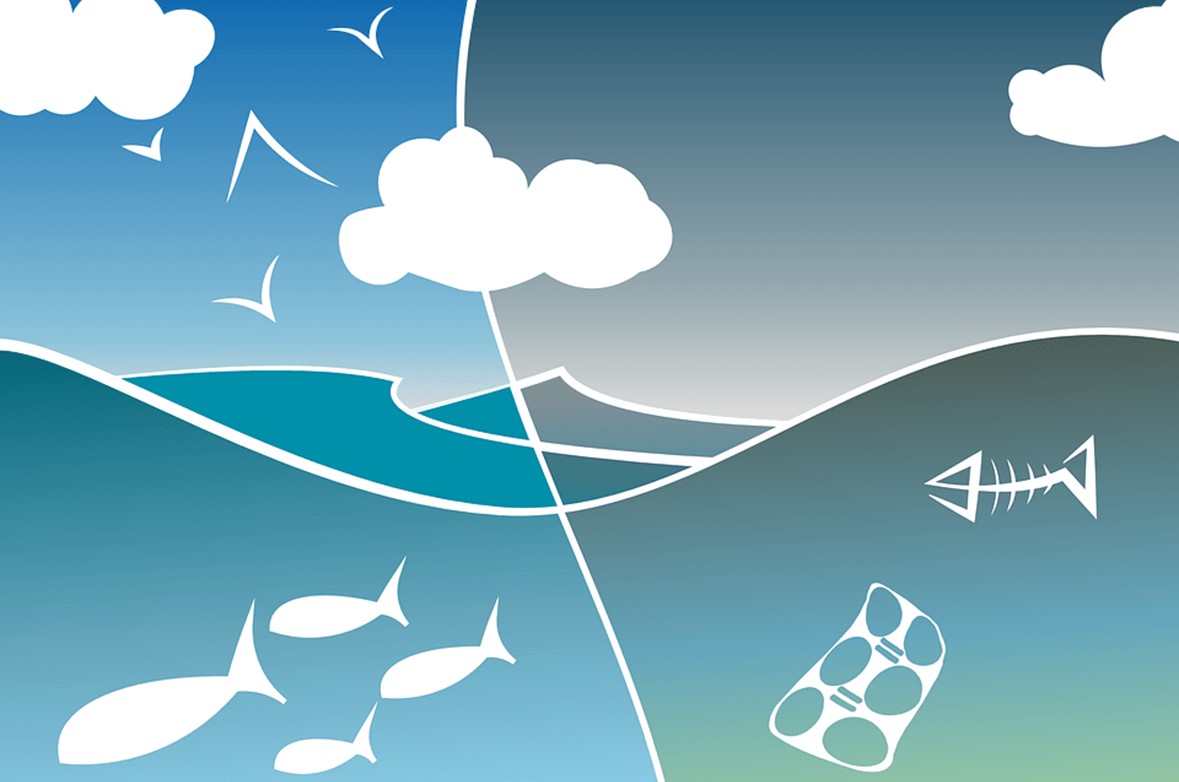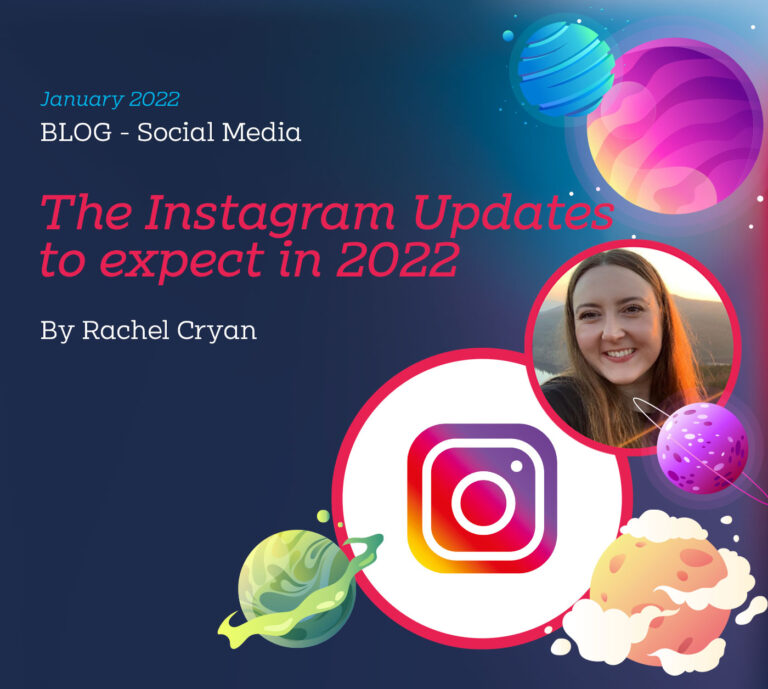Marketing To The Conscious Consumer
Consumers are becoming more mindful of every purchase they make and are looking into ways in which they can reduce their everyday effects on the environment.
The Conscious Consumer is a key trend for 2019, with environmental impact being at the forefront of many consumers’ purchasing decisions. With this in mind, every company should be thinking about their own impact on the environment and how this can be reduced.
What is a conscious consumer?
A conscious consumer is a person who considers the environmental, ecological, social and political impact of their spending habits on a purchase by purchase basis, choosing to boycott some brands in favour of the more ethically minded companies.
The Conscious Consumer is here to stay and the trend is on the rise. This may be a full-time or part-time choice but the shift is happening. Conscious Consumers are influential and this trend will increase the demand for ethically sourced and premium products.
According to a study by Walnut Omnibus,
“75% of the public are consciously modifying their behaviour when it comes to consumer items. Plastic, non-recyclable materials, dairy, meat, sugar and even clothes are among those products we are beginning to reconsider our consumption of.”
Plastic is the most popular modification amongst UK consumers, with 46% stating they are already actively trying to reduce their plastic usage.
According to the Euromonitor International “Top Consumer Trends of 2019” customers are prepared to pay more for eco-friendly products and those with recyclable packaging.
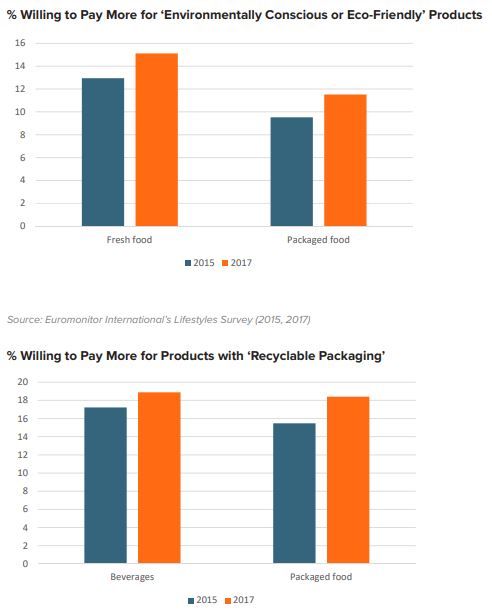
This is not just a trend which is being influenced by young people, the reduction in plastic usage is being championed by the over 75s. It can be argued that having more time on their hands to make conscious choices, means they have less need for plastic than a young person in the high paced world of fast food and convenience.
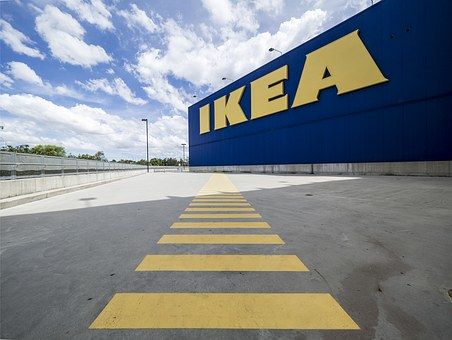 One company helping to lead the way in plastic reduction is Swedish furniture giant IKEA. They are committed to phasing out all of their oil-based plastics and substituting them with plastics made from recycled materials. They have set a target of August 2020 for this migration to be completed. To help the company achieve its goal, they have invested in a plastics recycling plant in the Netherlands.
One company helping to lead the way in plastic reduction is Swedish furniture giant IKEA. They are committed to phasing out all of their oil-based plastics and substituting them with plastics made from recycled materials. They have set a target of August 2020 for this migration to be completed. To help the company achieve its goal, they have invested in a plastics recycling plant in the Netherlands.
With consumers being increasingly conscious of the impact of the products they purchase, comes a rise in other habits such as veganism. Many consumers are changing their purchase behaviour, deciding where to shop and who to purchase from based on a brand’s social and environmental impact.
Community Projects and Charity
Consumers are also looking at how a business is getting involved with the local community and charities.
One of the ways to get involved in donating to charity is by adding a charitable donation as part of your checkout process. Companies such as Dominoes Pizza and Premier Inn ask if you wish to round your basket up and give the change to charity. Other big brands such as Amazon have a whole website specifically created to allow a user to donate to a chosen charity smile.amazon.co.uk. This doesn’t come at a cost to the consumer but gives Amazon bonus points in the eyes of the consumer.
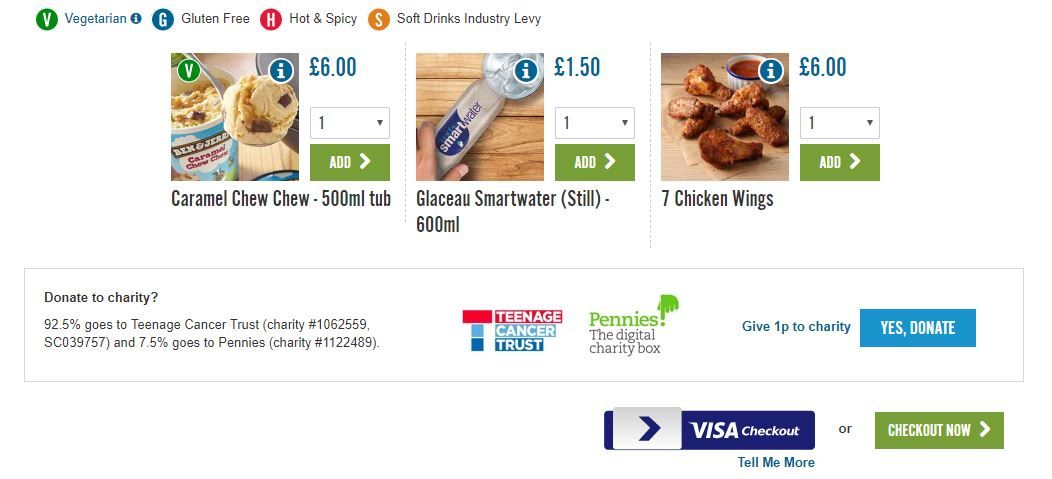
Having involvement in local projects such as community garden creation, speaking to children in local schools or sponsoring a local sports team can also help to build your brand as a brand that cares and increase your exposure at the same time.
The help that you provide doesn’t have to be financial, there are many other ways you can offer help. You can provide goods or services for free or allow your employees time to get involved with projects. By giving employees a couple of hours a week or 1 day a month to help with community projects, will not only give the manpower to complete a project, but it is also good for the mental health of your employees.
PR and Influencer Marketing
Being more ethical and getting involved in local community projects can lead to further PR opportunities especially in the local press and in turn, this paints a good picture for your business.
If you’re wanting greater exposure for your ethical ways/products you can enlist the help of a “green influencer“, someone who is already known for promoting a green lifestyle. This would be someone who a conscious consumer would already be aware of. It doesn’t have to be a national A list celebrity (who would be likely to cost a considerable amount to get involved) but it could be someone with a smaller but more niche following.
Example Ethical/Green Living bloggers
- Sustainable Smart Business – @webb_tobias
- Eco Warrior Princess – @EcoWarrPrincess
- Gareth Kane – @GarethKane
- Treehugger – @TreeHugger
- Green Living Guy – @greenlivingguy
Having someone who talks and writes about sustainability and green living to promote your brand/product(s) can boost your visibility in front of the right audience. If they bring people through to your website, you can then track the audience and remarket to them. Having someone vlog about your brand can also answer some of the questions that conscious consumers are asking before they visit your website.
Questions conscious consumers are asking
So what type of questions are the conscious consumers asking? And what can you do to ensure that they continue to buy your products? Below is a list of the types of questions these customers are asking before considering a purchase.
- Who am I purchasing from?
- What does the brand stand for?
- Is the company I am supporting environmentally responsible?
- Is the company involved in community projects?
- What impact do they have on the local environment?
- Are they committed to social equality?
Being able to answer some of these questions will put you in good stead for the consumers that are making decisions based on the answers to these questions. Highlighting your ethical ways and the community projects that you’re involved in can be done through a regular blog, homepage feature and regular PR.
It’s not just the retail industry that is being affected by this change in buying habits, it is also affecting industries such as travel.
Sustainable Travel
 If you work in the travel industry as a hotelier, airline or tour operator, sustainable travel is a relatively new trend, but it is rapidly gaining traction. According to a Booking.com report, 87% of global travellers state that they want to travel sustainably, with 39% stating that they often or always manage to do so.
If you work in the travel industry as a hotelier, airline or tour operator, sustainable travel is a relatively new trend, but it is rapidly gaining traction. According to a Booking.com report, 87% of global travellers state that they want to travel sustainably, with 39% stating that they often or always manage to do so.
But “sustainable travel” can mean a number of different things. It could be travelling without harming the destination’s natural and cultural environment, supporting local businesses, or even choosing to stay in a sustainable hotel – those that are committed to sustainability through recycling, energy-efficient facilities, and locally sourced food, amongst other things.
If you want to ensure that you tap into this market then below is a list of questions you need to start asking yourself and if you don’t have an answer or the answer is negative then you need to start working on those areas.
Questions to ask yourself
Below is a list of questions to ask yourself if you want to ensure you tap into this market.
- Is my business working to help with community projects?
- Is my business selling ethically sourced products?
- Is my business working to reduce the use of plastic?
- If you are selling food products, have you got a range for Vegans?
- What impact does the production of my products have on the environment?
- How can we as a company reduce our carbon footprint?
If you want some help and advice on how to answer some of these questions as a business and how to promote this online, contact us for further details on our Content, Social Media and PR and Influencer marketing options.

